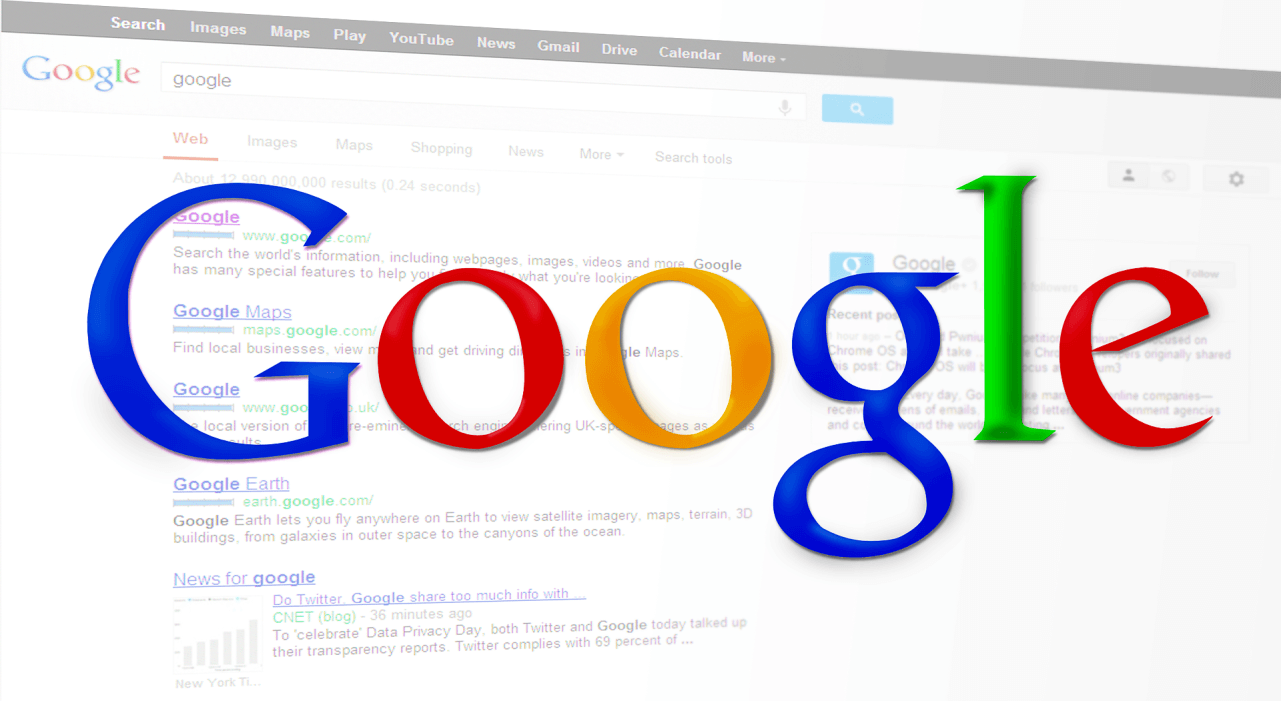Examining Google’s Dominance and Influence on the Internet Ecosystem, and the Role of Other Companies and Services in its Functioning and Growth.
Google has been a ubiquitous presence on the internet for over two decades. From its humble beginnings as a search engine in 1998, Google has grown to become one of the world’s most valuable companies, with a market capitalization of over $1 trillion. With such a dominant market position, it’s not uncommon to hear people use the terms “Google” and “internet” interchangeably.
But can we really say that Google is synonymous with the internet?
To answer that question, we need to examine what the internet is and what Google does. At its most basic level, the internet is a global network of interconnected computers and servers that allows people to share information and communicate with each other. Google, on the other hand, is a company that provides a variety of internet-related services, including search, advertising, email, cloud storage, and more.
While Google’s services are an integral part of the internet ecosystem, they are not the only ones. There are many other search engines, email providers, cloud storage providers, and social media platforms that people use every day. In fact, according to StatCounter, Google’s share of the global search engine market is around 92%, which is certainly dominant, but not complete.
More than that, while Google’s search engine is the most widely used in the world, it’s not the only way people find information on the internet. Social media platforms like Facebook and Twitter have become major sources of news and information, and many people also use specialized search engines for specific purposes, like finding academic research papers or searching for images.
So, while Google is undoubtedly a major player on the internet, it would be incorrect to say that it is synonymous with the internet. The internet is much bigger than Google, and there are many other companies and services that contribute to its functioning and growth. That being said, Google’s dominance in the search engine market and its many other services make it a crucial part of the internet as we know it today.
One of the reasons why people might conflate Google with the internet is because of the company’s business model. Google’s primary source of revenue is advertising, which it delivers through its search engine and other platforms. This means that Google has a huge amount of data on its users, which it uses to deliver highly targeted ads. For many people, their interactions with Google are so frequent and personalized that it can feel like the company is an omnipresent force on the internet.
In recent years, however, concerns about privacy and the power of big tech companies like Google have grown. There have been calls for greater regulation of these companies, and some people have even advocated for breaking them up to prevent them from becoming too dominant. These debates highlight the fact that while Google is a major part of the internet, it’s not without its drawbacks and controversies.
While Google is a hugely influential company that provides many important services on the internet, it is not synonymous with the internet as a whole. The internet is a vast, interconnected network of computers and servers, and there are many other companies and services that contribute to its functioning and growth. That being said, Google’s dominance in the search engine market and its many other services make it a crucial part of the internet as we know it today.
What other companies or services do you think are important for the functioning and growth of the internet besides Google?

